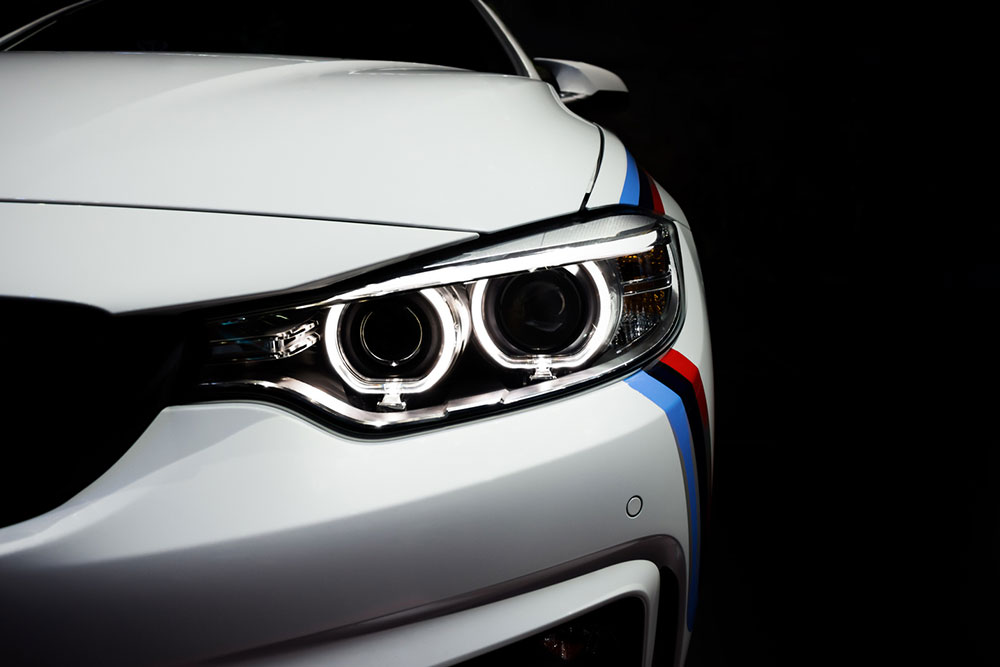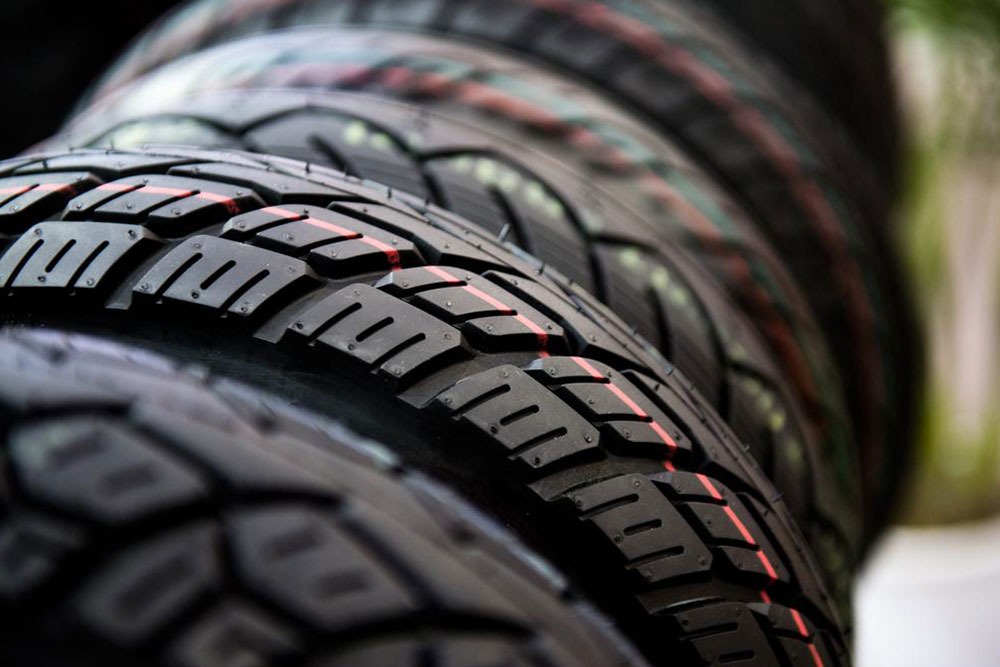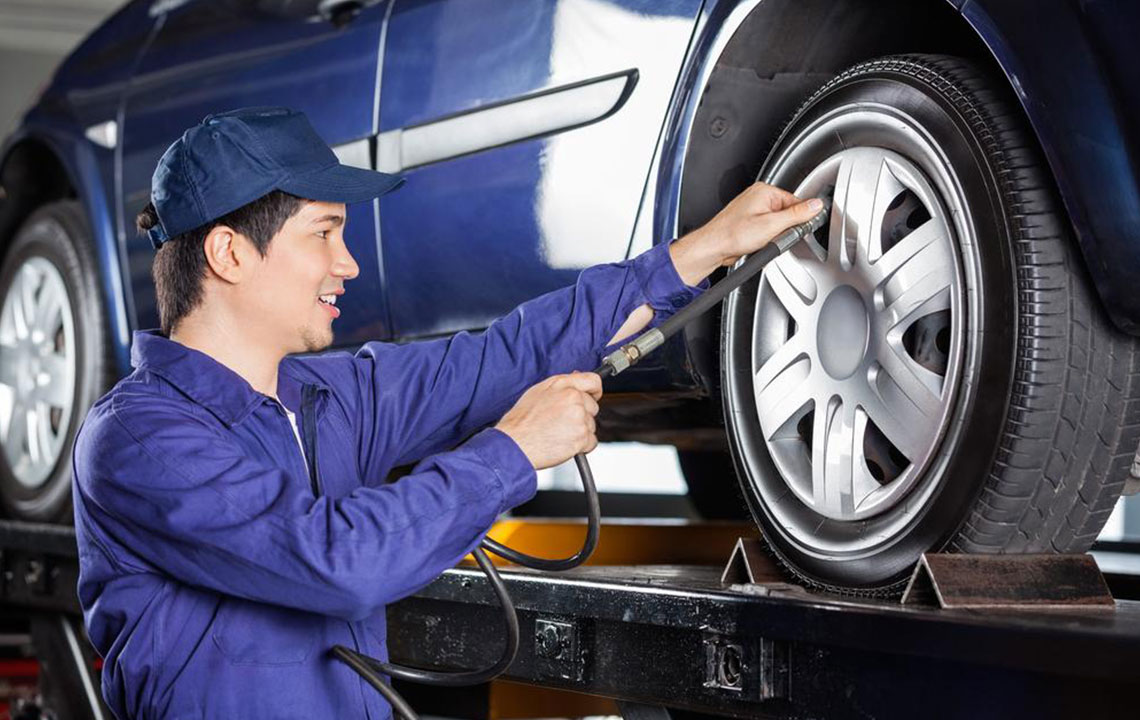Ultimate Guide to BMW Wheel and Tire Selection for Car Enthusiasts
This guide explores how BMW owners can choose the ideal wheels and tires to maximize safety, performance, and style. Includes tips on sizing, materials, seasonal tires, and maintenance, ensuring optimal driving experience. Learn about the impact of wheels on fuel efficiency and the benefits of authentic BMW alloy rims for a perfect blend of aesthetics and functionality.

Ultimate Guide to BMW Wheel and Tire Selection for Car Enthusiasts
Selecting the right wheels and tires is essential for achieving optimal vehicle performance and safety on your BMW. Focus on factors such as size, tread pattern, and seasonal suitability to enhance acceleration, braking, and handling. Overlooking these details can compromise vehicle capabilities. This comprehensive guide assists BMW owners in choosing the perfect tires and stylish alloy rims to boost both appearance and performance, whether for daily commuting or special drives.
Choosing Appropriate Wheels
BMW provides a wide selection of sophisticated wheel options, making it challenging to pick the right one among many styles.
Important factors to consider include:
Size - The wheel diameter influences ride comfort and stability. Larger wheels offer superior grip but may decrease comfort and fuel efficiency. Smaller sizes improve maneuverability. Select size based on your driving preferences.
Material - Alloy rims are lightweight, enhancing handling, braking, and reducing unsprung weight. Steel wheels are sturdier, ideal for off-road use, and better at handling rough terrains.
Seasonal Tires - Winter conditions in Germany necessitate specialized winter tires, following the “von O bis O” regulation (October to Easter). Proper tires improve safety during icy weather, help avoid fines, and lower insurance costs.
Design - Match wheel designs to your vehicle’s style, whether sleek minimalism or sporty boldness. Finishes like chrome or matte black enhance durability and visual appeal.
Proper tire storage extends lifespan. Store tires in a cool, dry environment, stacked horizontally without rims standing upright, and rotate periodically to preserve rubber quality.
Effect of Wheels on Fuel Economy
Wheel weight, design, and material impact fuel consumption. Heavier wheels require more energy to rotate, increasing fuel use. BMW engineered wheels promote aerodynamics, reduce drag, optimize airflow, and ensure smoother rides, contributing to fuel savings.
Maintaining BMW Wheels
Clean tires weekly using gentle soap and water, avoiding abrasive chemicals.
Inspect regularly for cracks, bends, corrosion, or curb damage.
Maintain proper tire pressure as per BMW specifications for best performance.
Why BMW Tires Are Exceptional
BMW tires are celebrated for their sporty appearance and superior performance, supported by dedicated research and customized designs. The brand offers options like personalized valve and hub caps. Authentic BMW alloy wheels (BMW Alufelgen) display official markings, guaranteeing quality. Choosing complete wheels with sensors ensures compatibility and safety, providing a premium driving experience. All OEM rims undergo extensive quality checks in advanced facilities.


